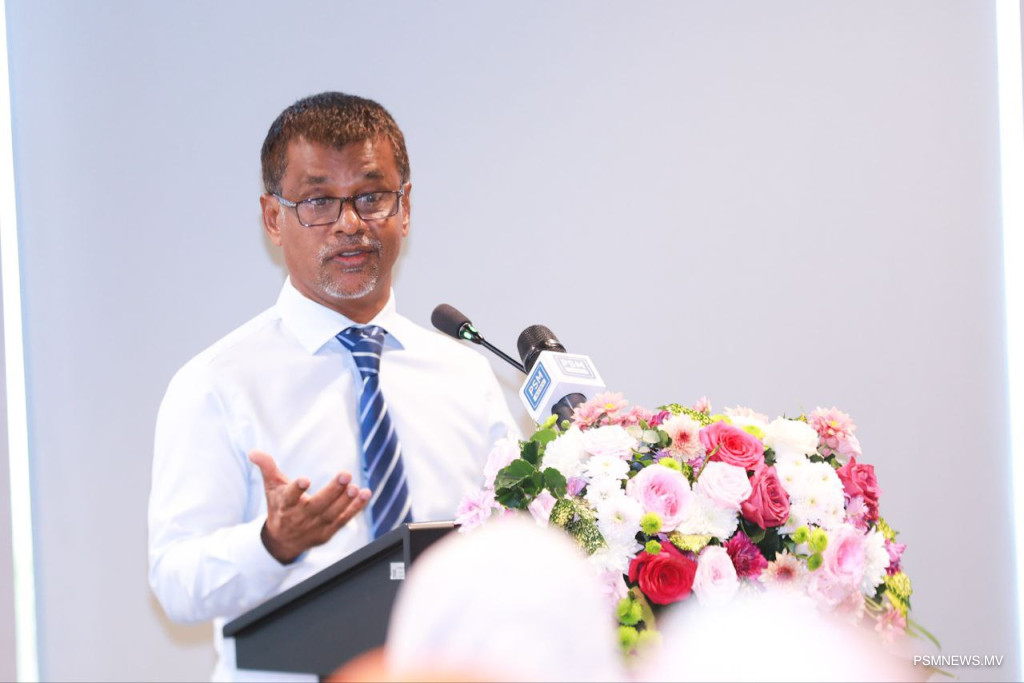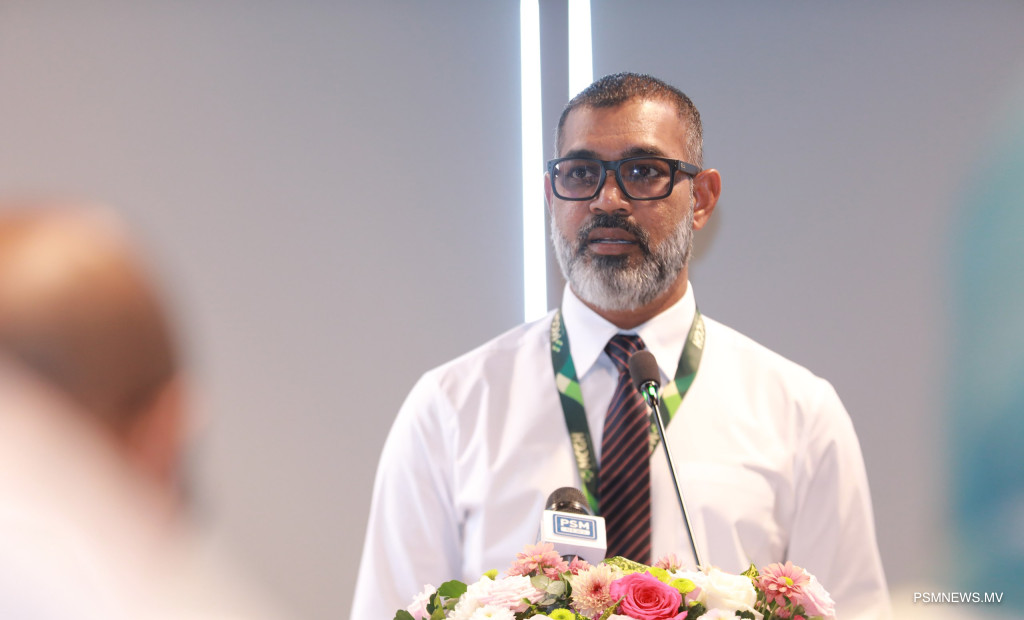
Minister of Health, Abdullah Nazim Ibrahim has emphasised the need to develop strategic plans for the early prevention of diseases and infections.
The Minister made the remarks while addressing the closing ceremony of the Maldives National Infection Prevention and Control Conference, organised by the Hulhumale’ Hospital.
The conference focused on early disease prevention by identifying the causes of infection, and the protecting of health workers. The one-day conference was attended by officials from 17 hospitals of 11 atolls, as well as universities and healthcare clinics also participated in the conference.
In his address, Minister Nazim cited World Health Organisation (WHO) statistics showing that one in ten people who visit a health facility contract an infection from that facility. He stressed the importance of ensuring the safety of both patients and health workers, noting that their safety must be prioritised.
The Minister further said the government's policy is expanding and improving health services, as well as ensuring patient safety and fostering a culture of early prevention.
The Minister urged the Male’ City Group of Hospitals to hold a conference on early prevention of diseases and infections annually, emphasising the need to formulate strategic plans for disease prevention in the light of the information and experience shared at such events. He affirmed that the government would give full cooperation and support to conduct similar conferences and implementing the resulting strategies.
"Providing quality healthcare services is costly, but poor-quality services are even more expensive [in the long run]. Investing in health is one of the greatest investments a country can make. This government has increased the health budget to revolutionise the health sector, and continues to spend significant funds to the sector,” the Minister said.

Speaking at the ceremony, the Chief Executive Officer (CEO) of Male’ City Group of Hospitals, Abdul Razzaq Haleem stressed the urgency of taking proactive measures as new diseases and stronger pathogens continue to emerge. He noted that all the facilities in the Male’ City Group of Hospitals have infection prevention systems in place.
"IPC committees have developed hazard identification rules and techniques in all MCGH hospitals. Safety must be at the core of all operations. Hand washing, vaccination, use of personal protective equipment and maintaining workplace health standards are essential,” he said.
Abdul Razzaq added that effective disease prevention requires proper isolation, disinfection and responsible use of antibiotics.
